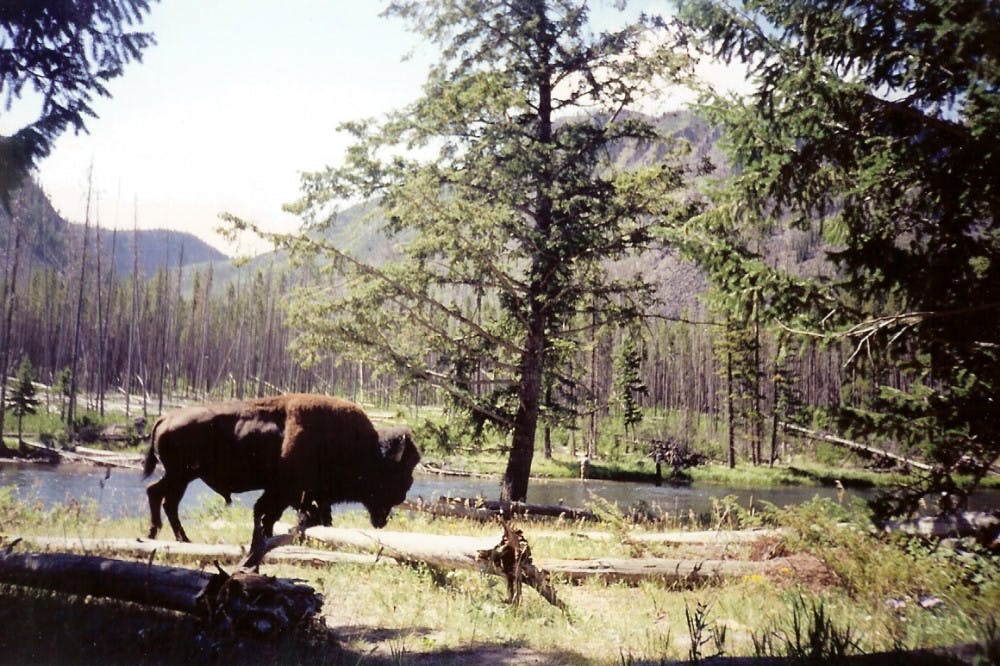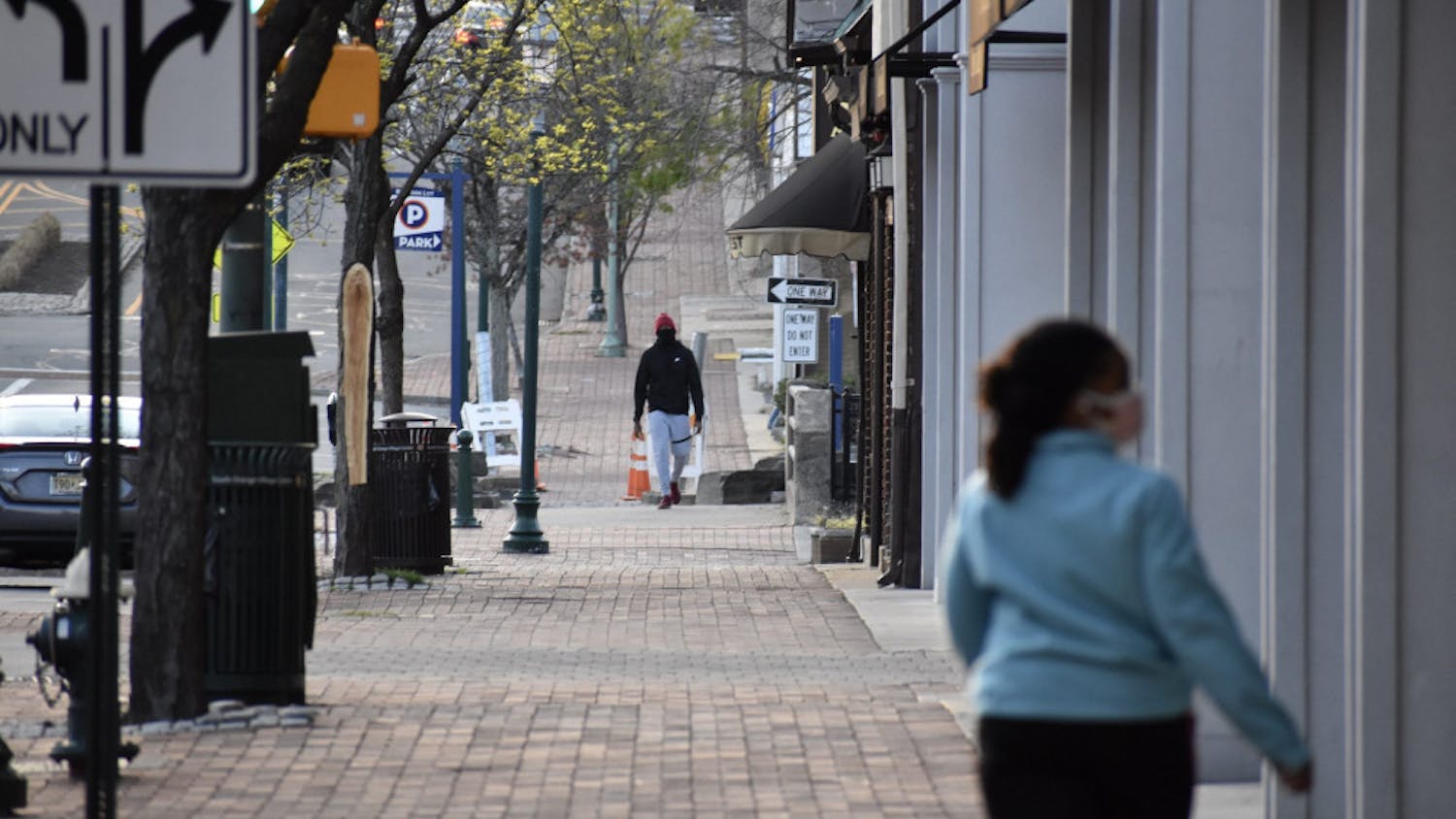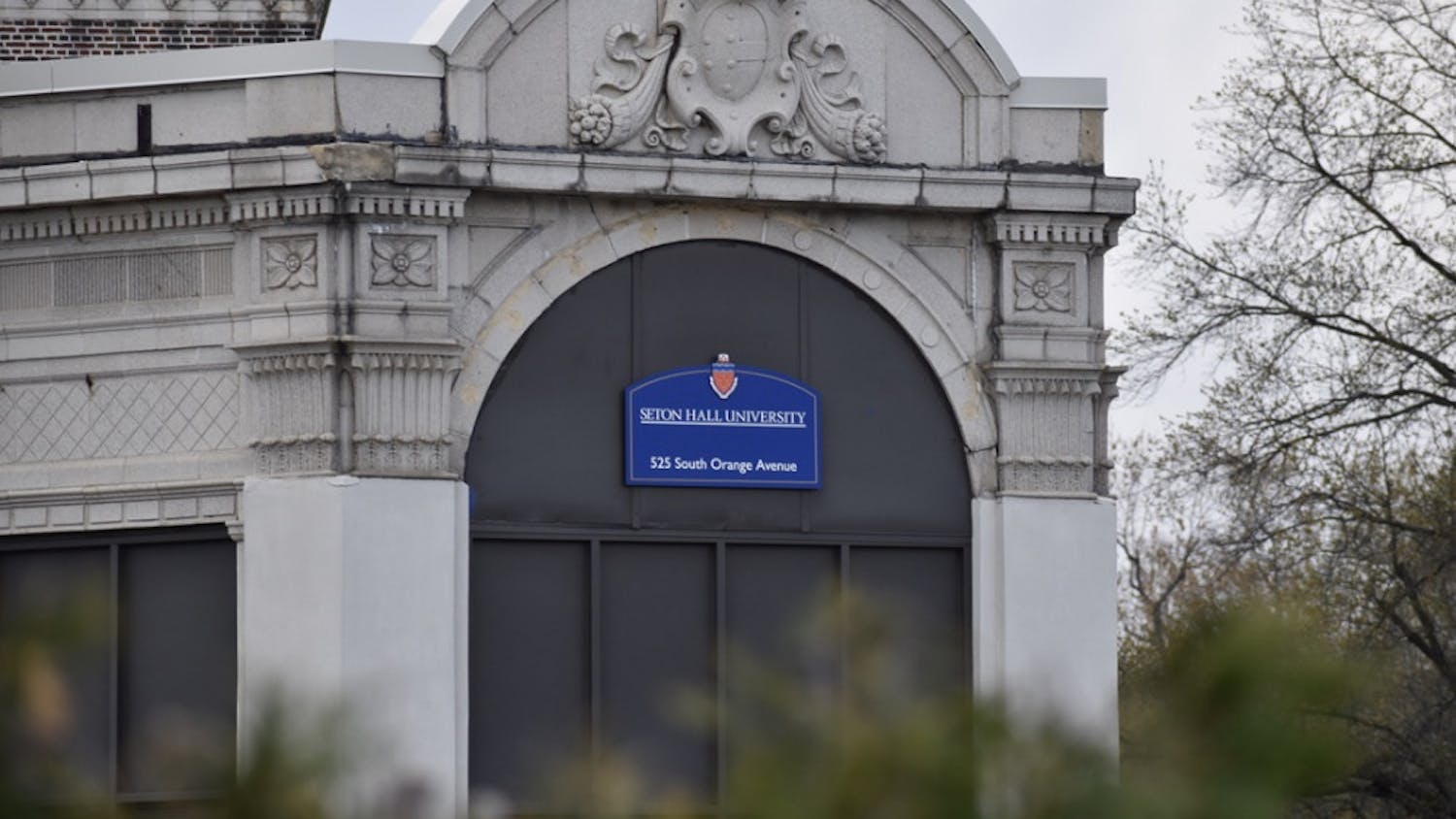I want to bring awareness to a disturbing statistic about how temperature increase is leading to the impending destruction of America’s national parks. As symbols of our country and natural sanctuaries, we need to protect the ecosystems and landscapes reserved for our enjoyment.
A September 2018 CNN article, titled, “America’s national parks are warming and drying up faster than the rest of the country, says a new study,” cited a study talking about this issue. The article said that the study showed that “temperatures across the country’s 417 protected areas have increased by 1.8 degrees Fahrenheit, double the amount compared to the rest of the country.”
[caption id="attachment_24329" align="aligncenter" width="838"] Photo via Wikimedia/Ken Lund[/caption]
The 417 protected areas are the national, military and historical parks, monuments, battlefields, lakes, seashores, recreation areas, scenic trails and rivers as well as the White House, according to the National Park Service’s website.
The article goes on to assert that the carbon scientists found in the particular study “has a unique chemical signature, different from the carbon that comes from volcanoes or plants.” Consequently, we did the damage of emitting carbon into the atmosphere. Our cars and our littering habits, whether to the ground or bodies of water, are to blame for the increase in temperature at national parks.
As the guilty party, we must do something to at least attempt to rectify our damage to the innocent animals and their beautiful habitats that belong to us, too. My use of the pronoun “we” does not entirely include our generation. For centuries, our ancestors have contributed to the abysmal reality.
The article discussed some consequences of climate change. One of those was that, “Yellowstone National Park – the world’s first national park – could see up to 10 times more areas burned by wildfires by 2100.” Another consequence is that “Joshua Tree National Park could see its famous Joshua trees die out.”
We cannot rely on our smartphones and laptops to provide us with the singular experiences nature does. I know for certain that I do not want the generations who arrive after me to look at screens to learn about the history of their country. Yet, if we continue to be wasteful, we will ruin the chances of Americans today and many days ahead to immerse themselves in the world nature creates.
I am not faultless in creating a carbon footprint. What I want people to think about are the actions we take each day and how they affect the world around us. Such a sentiment may be perceived as redundant or overstated. Who hasn’t heard to “reduce, reuse and recycle” in their lifetimes?
However, our problems do not fade from existence with the utterance of a catchy phrase. We must do something to save our planet not only for ourselves, but also for the generations who may have to read from their textbooks to learn about what we learned in person.
Kaitlyn Quinn is a senior secondary and special education and English major from Bayonne, N.J. She can be reached at kaitlyn.quinn@student.shu.edu.
Photo via Wikimedia/Ken Lund[/caption]
The 417 protected areas are the national, military and historical parks, monuments, battlefields, lakes, seashores, recreation areas, scenic trails and rivers as well as the White House, according to the National Park Service’s website.
The article goes on to assert that the carbon scientists found in the particular study “has a unique chemical signature, different from the carbon that comes from volcanoes or plants.” Consequently, we did the damage of emitting carbon into the atmosphere. Our cars and our littering habits, whether to the ground or bodies of water, are to blame for the increase in temperature at national parks.
As the guilty party, we must do something to at least attempt to rectify our damage to the innocent animals and their beautiful habitats that belong to us, too. My use of the pronoun “we” does not entirely include our generation. For centuries, our ancestors have contributed to the abysmal reality.
The article discussed some consequences of climate change. One of those was that, “Yellowstone National Park – the world’s first national park – could see up to 10 times more areas burned by wildfires by 2100.” Another consequence is that “Joshua Tree National Park could see its famous Joshua trees die out.”
We cannot rely on our smartphones and laptops to provide us with the singular experiences nature does. I know for certain that I do not want the generations who arrive after me to look at screens to learn about the history of their country. Yet, if we continue to be wasteful, we will ruin the chances of Americans today and many days ahead to immerse themselves in the world nature creates.
I am not faultless in creating a carbon footprint. What I want people to think about are the actions we take each day and how they affect the world around us. Such a sentiment may be perceived as redundant or overstated. Who hasn’t heard to “reduce, reuse and recycle” in their lifetimes?
However, our problems do not fade from existence with the utterance of a catchy phrase. We must do something to save our planet not only for ourselves, but also for the generations who may have to read from their textbooks to learn about what we learned in person.
Kaitlyn Quinn is a senior secondary and special education and English major from Bayonne, N.J. She can be reached at kaitlyn.quinn@student.shu.edu.





